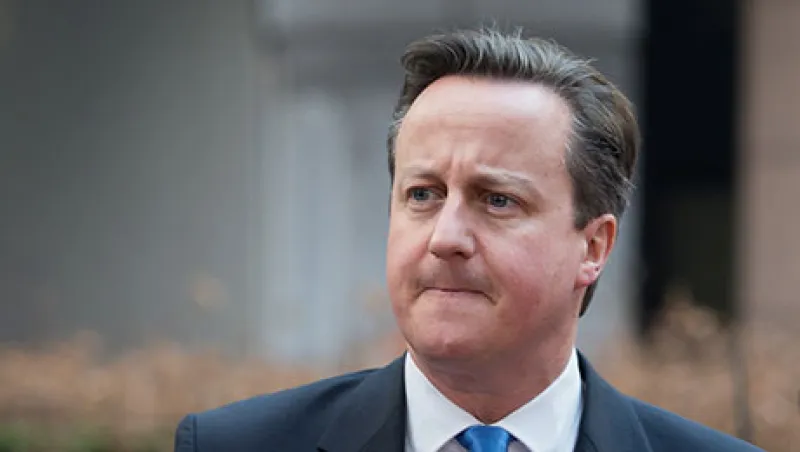
Unpredictable U.K. Election Leaves Investors Wary
As the May 7 vote approaches, a minority government might be the best bet for avoiding Britain’s exit from the EU.
David Turner
March 12, 2015


